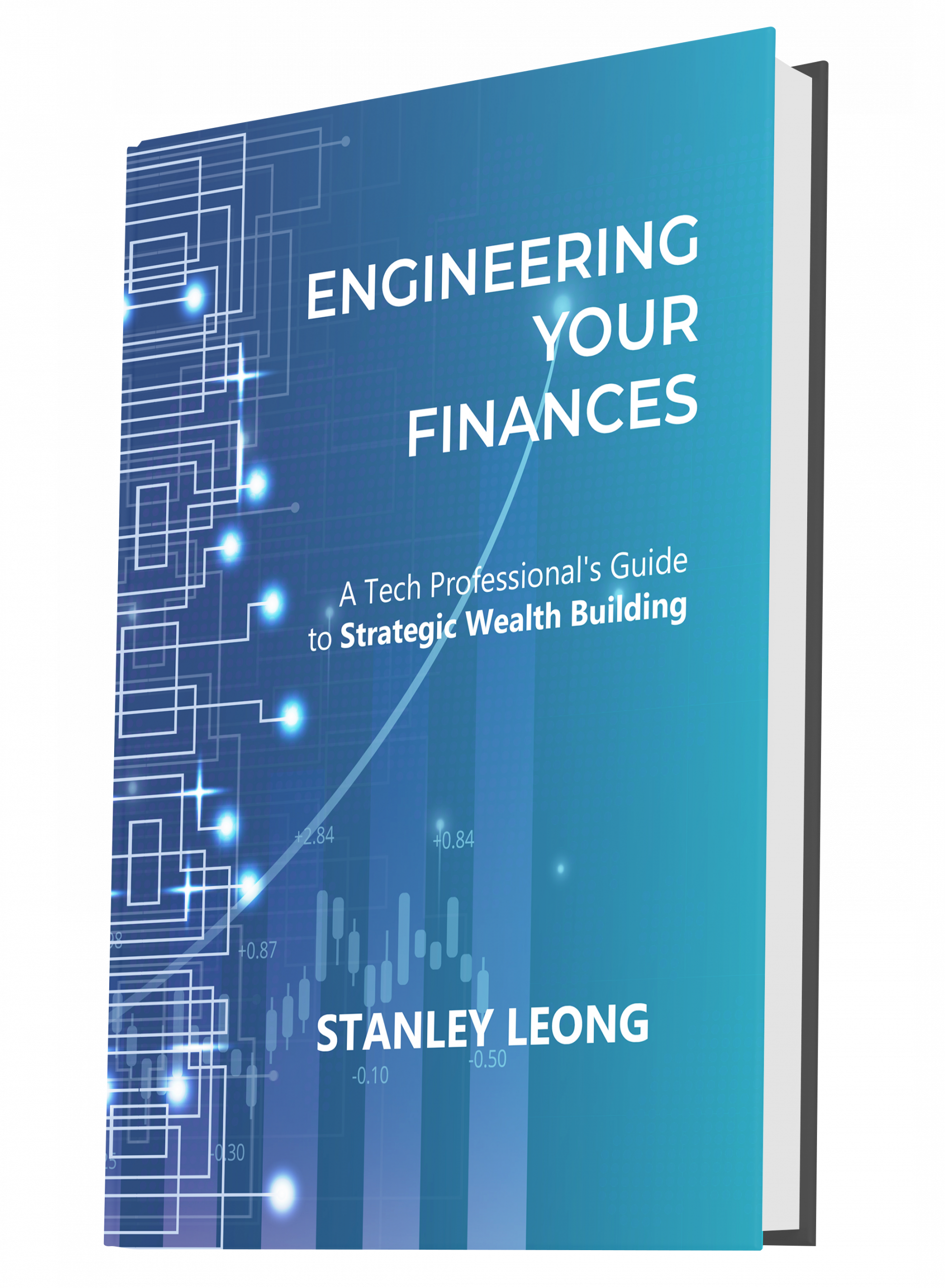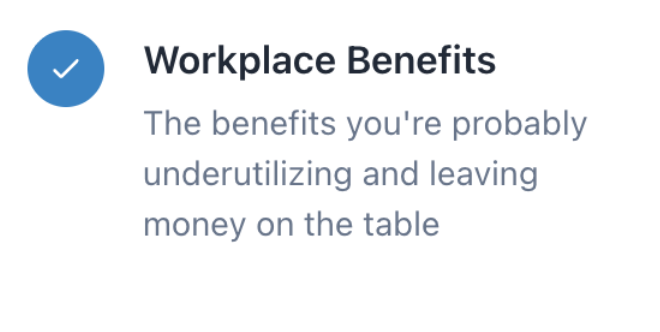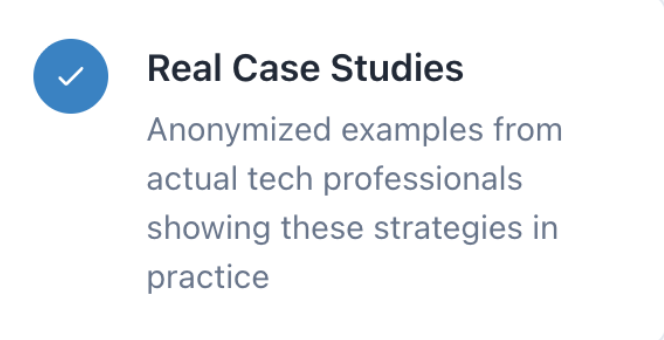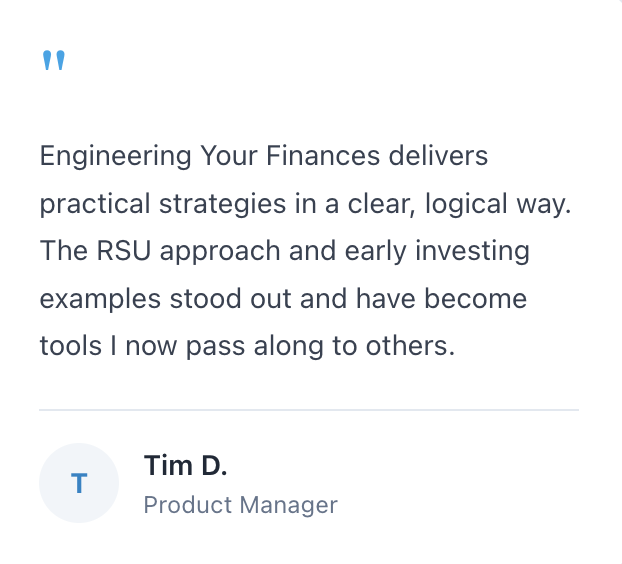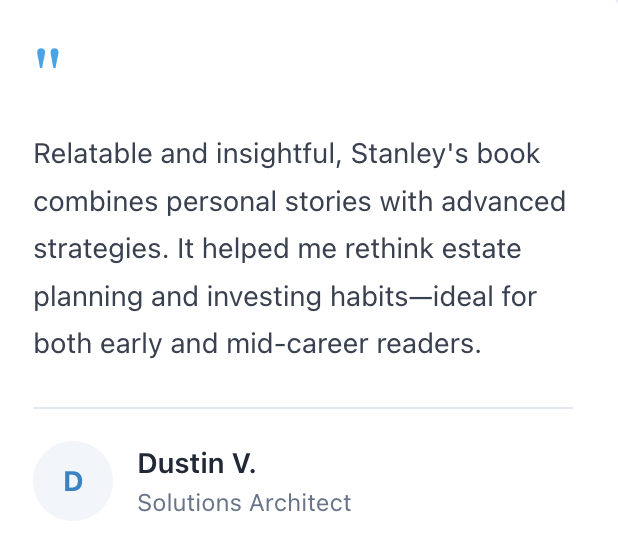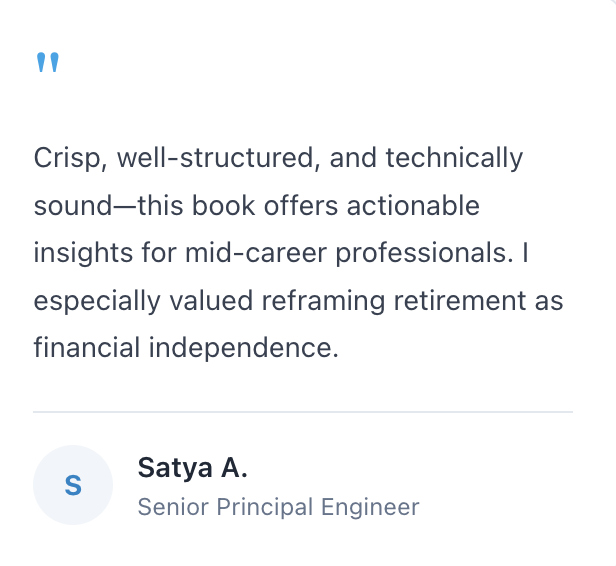Stanley Leong is a wealth advisor specializing in helping tech professionals optimize their financial systems. After earning his Masters from Cornell University and working as a hardware design engineer at IBM and Agilent Technologies, Stanley experienced firsthand the volatility of the tech industry when he was laid off just two days after purchasing his first home.
This pivotal moment led him to transition into wealth management, where he could combine his technical background with financial expertise to help others navigate similar challenges. Over the past two decades, Stanley has worked with hundreds of engineers and executives across the country, developing the WealthFocus model—a systematic approach to wealth management that resonates with the analytical mindset of tech professionals.
Stanley's unique background allows him to understand both the technical complexities of his clients' work and the financial intricacies of their compensation packages. He specializes in helping tech professionals manage concentrated stock positions, optimize complex equity compensation, and build tax-efficient wealth strategies. His approach emphasizes education and systematic processes, ensuring clients understand not just what financial decisions to make, but why.

